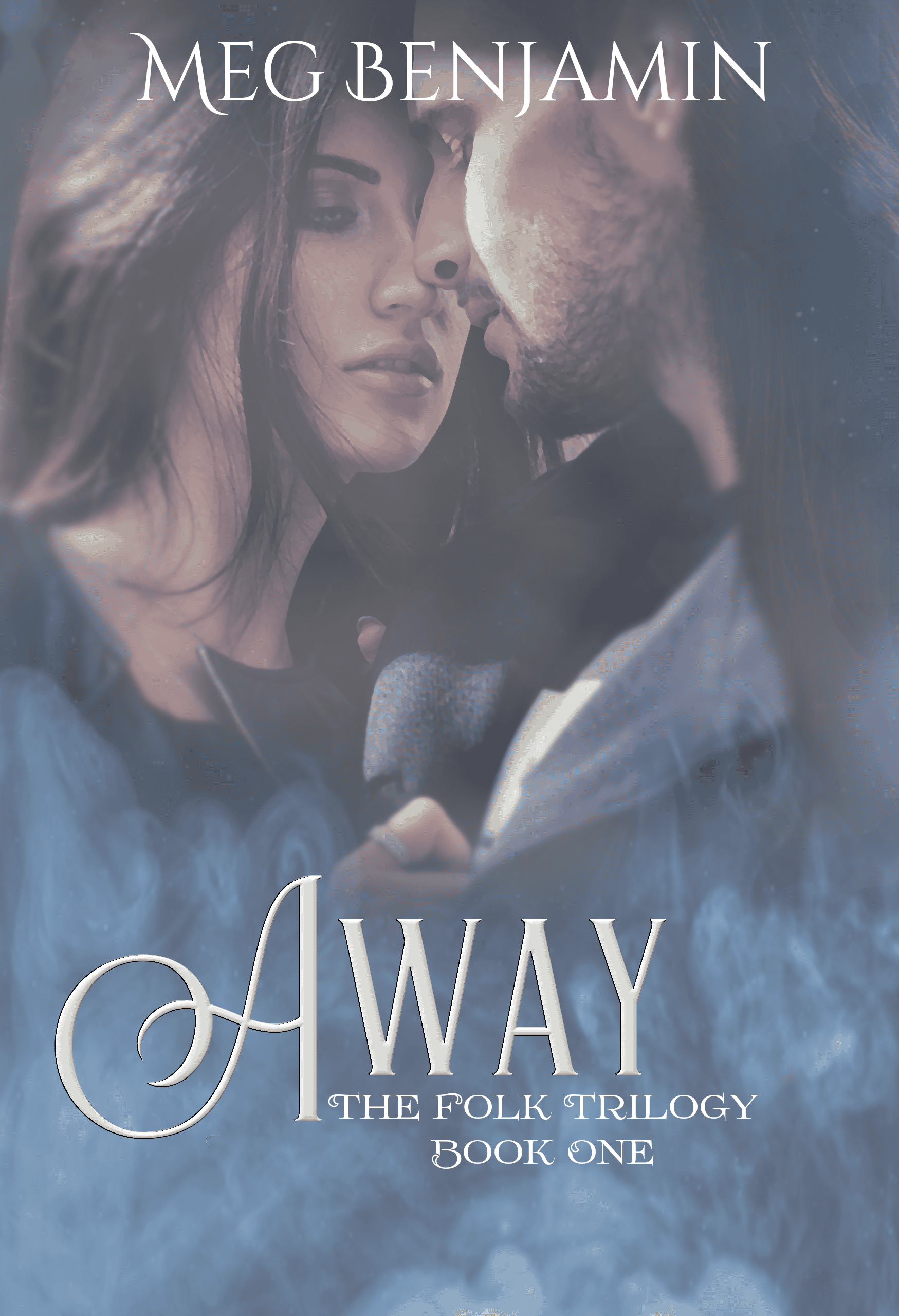The Stalker Hero
 So I’m reading a recently reissued Jayne Anne Krentz from 1985, The Waiting Game. It has a typical Krentz hero—a solitary alpha, brooding, craggy, withdrawn, who immediately falls hard for the heroine. He recognizes right away that they’re Meant For Each Other and knows he needs to do something to claim her as his. Granted he’s been primed to believe this by the heroine’s equally alpha uncle, but he falls hard and never lets go.
So I’m reading a recently reissued Jayne Anne Krentz from 1985, The Waiting Game. It has a typical Krentz hero—a solitary alpha, brooding, craggy, withdrawn, who immediately falls hard for the heroine. He recognizes right away that they’re Meant For Each Other and knows he needs to do something to claim her as his. Granted he’s been primed to believe this by the heroine’s equally alpha uncle, but he falls hard and never lets go.
Now normally I’d see this as a sort of standard eighties trope—the hero who knows that the heroine is The One and goes about claiming her. But it so happened that I picked up The Waiting Game just after I’d finished the new Norah Roberts, The Next Always, which features a villain who’s stalking the heroine. This particular villain is certain that the heroine is The One, and he spends a part of the book trying to claim her. The hero ends up pummeling him into a pulp.
Which leads to a basic question for romance writers: How much is too much? When does a devoted hero turn into a nut job?
A lot of romance heroes fall fast and hard for their heroines. In fact, few romances feature a hero who doesn’t find the heroine attractive at all (unless, of course, she’s soon to undergo a radical makeover). I think this trope stems from a fairly straightforward principle: unrequited love is no fun. We want the hero to want the heroine. But we also want the hero to understand limits. There’s something a little creepy about a lot of eighties romance heroes. In their alpha haze, they’re frequently convinced that they know what’s best for the heroine. That they’ll take care of her despite her own silly desires for him to do something else. Sometimes these plots show that the heroine really doesn’t need to be hovered over in the way that the hero wants to hover, but frequently it turns out that Daddy Knows Best. The hero demonstrates to the heroine that it’s best if she just relaxes and lets him take care of everything.
Not to put too fine a point on it, that’s close to stalker behavior. And it’s a little hard to justify in contemporary romance.
In contrast, heroes in historicals can actually get by with a version of this. After all, historical heroes exist in cultures in which men are supposed to be protective of women, as long as they’re of the right class and type (let’s get real here). But these days even historical heroes have to back off a little. Kasey Michaels’ terrific Midsummer Night’s Sin features a hero who’s trying to break up white slaver ring. The heroine has a very personal interest in said ring since they’ve kidnapped her cousin. The hero tries to keep her out of the pursuit, but when she insists, he doesn’t lock her up. Much against his own desires, he takes her with him and allows her to play a part in the rescue.
I guess the point is this: we’ve come a fair distance since the eighties. The idea of the fixated hero is no longer quite as attractive as it once was. And as authors, we’re still trying to find the right balance between protective and psycho.
Posted in Blog • Tags: heroes, On Reading, On Writing, stalker | Be The First To Reply!







